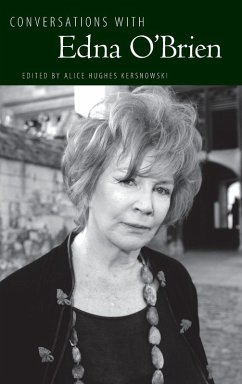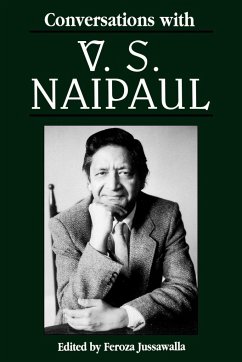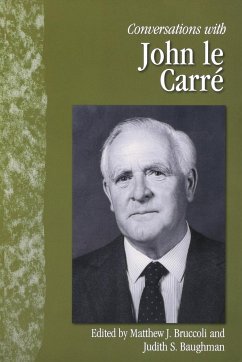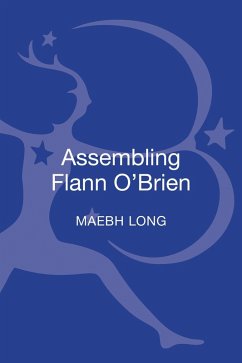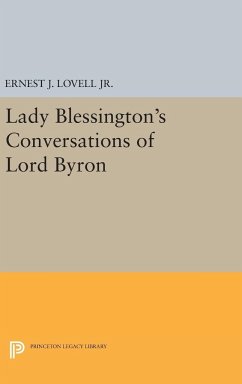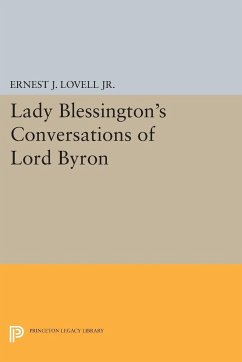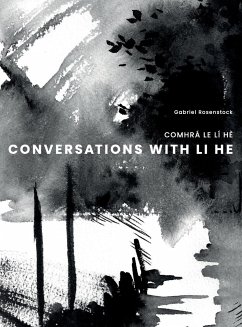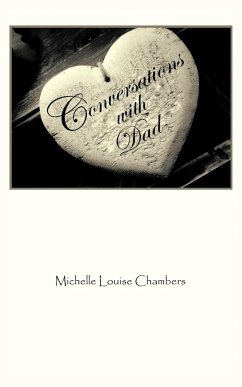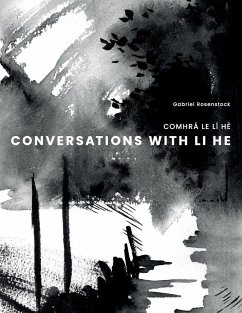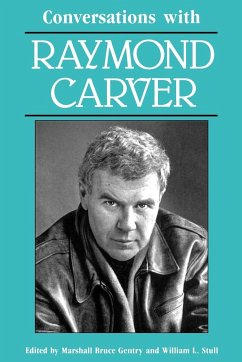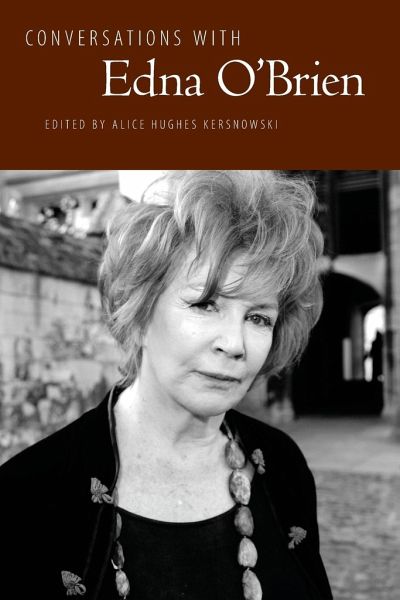
Conversations with Edna O'Brien
Versandkostenfrei!
Versandfertig in 1-2 Wochen
34,99 €
inkl. MwSt.

PAYBACK Punkte
17 °P sammeln!
"Who's afraid of Edna O'Brien?" asks an early interviewer in Conversations with Edna O'Brien. With over fifty years of published novels, biographies, plays, telecasts, short stories, and more, it is hard not to be intimidated by her. An acclaimed and controversial Irish writer, O'Brien (b. 1930) saw her early works, starting in 1960 with The Country Girls, banned and burned in Ireland, but often read in secret. Her contemporary work continues to spark debates on the rigors and challenges of Catholic conservatism and the struggle for women to make a place for themselves in the world without anx...
"Who's afraid of Edna O'Brien?" asks an early interviewer in Conversations with Edna O'Brien. With over fifty years of published novels, biographies, plays, telecasts, short stories, and more, it is hard not to be intimidated by her. An acclaimed and controversial Irish writer, O'Brien (b. 1930) saw her early works, starting in 1960 with The Country Girls, banned and burned in Ireland, but often read in secret. Her contemporary work continues to spark debates on the rigors and challenges of Catholic conservatism and the struggle for women to make a place for themselves in the world without anxiety and guilt. The raw nerve of emotion at the heart of her lyrical prose provokes readers, challenges politicians, and proves difficult for critics to place her. In these interviews, O'Brien finds her own critical voice and moves interviewers away from a focus on her life as the "once infamous Edna" toward a focus on her works. Parallels between Edna O'Brien and her literary muse and mentor, James Joyce, are often cited in interviews such as Philip Roth's description of The Country Girls as a "rural Dubliners." While Joyce is the centerpiece of O'Brien's literary pantheon, allusions to writers such as Shakespeare, Chekhov, Beckett, and Woolf become a medium for her critical voice. Conversations with contemporary writers Philip Roth and Glenn Patterson reveal Edna O'Brien's sense of herself as a contemporary writer. The final interview included here, with BBC personality William Crawley at Queen's University Belfast is a synthesis of her acceptance and fame as an Irish writer and an Irish woman and an affirmation of her literary authority.



